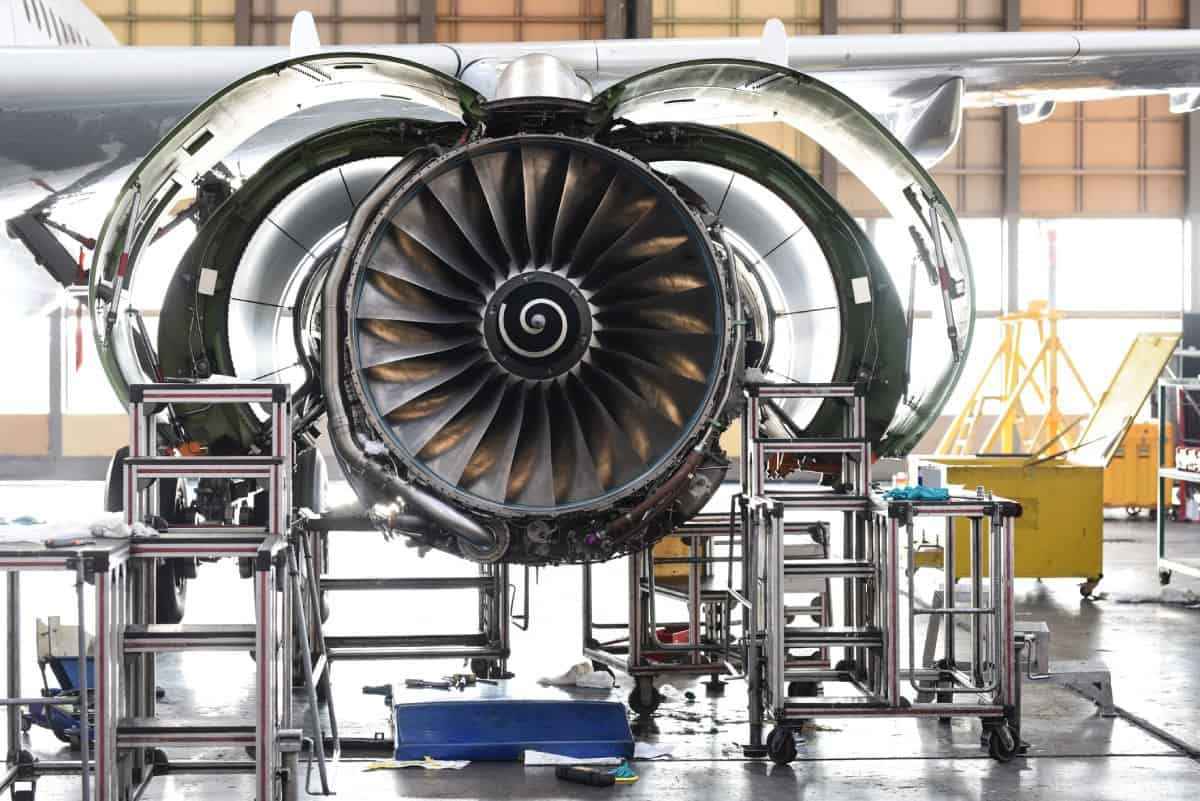
Aeronautical engineers are primarily in charge of the design of aircraft, spacecraft, satellites, and missiles. Furthermore, they create and test prototypes to guarantee they function as planned.
Aeronautical engineers may develop new technologies for aircraft, military systems, and spacecraft use. They often specialise in aerodynamic fluid flow, structural design, guidance, navigation and control, instrumentation and communication, robotics, propulsion, and combustion.
Aeroplanes and helicopters, both commercial and military; remotely piloted aircraft and rotorcraft; spacecraft, including launch vehicles and satellites; and military missiles and rockets are all examples of aerospace commodities in which engineers may specialise.
Responsibilities
Throughout your apprenticeship, you may help:
- develop navigation, communications or weapons systems
- research ways to make fuel-efficient parts, such as wings, fuselage and engines
- use CAD software for design
- test prototypes
- collect and analyse test data
- plan and supervise the fitting of aircraft and components
- sign off projects under strict industry regulations
- schedule and supervise maintenance
- write technical reports and estimate project costs and timescales.
Salary
- Starting salaries for apprentice aeronautical engineers range from £25,000 to £28,000.
- With experience this can rise to between £28,000 and £40,000, depending on the level of your expertise.
- At senior levels, particularly if you gain chartered status, you can expect a salary of £45,000 to £60,000+.
Working hours
You’ll work from 9 a.m. to 5 p.m. 37 to 40 hours a week, although overtime may be required to complete projects on time. You may be needed to work as an on-call consultant, dealing with things like a change in repair priority or an emergency investigation.
Working environment
You could work in a factory, in an office, on an aircraft or in an aircraft hangar.
Qualifications
Qualifications you can achieve as an apprentice aeronautical engineer include:
- Level 6 Aerospace Engineer – Entry requirements for this level include 4 or 5 GCSEs at grades 9 to 4 (A* to C) and A levels, or equivalent, for a higher or degree apprenticeship. This qualification will take 48 months to complete.
Skills
On an aeronautical engineering apprenticeship, you’ll learn:
- knowledge of engineering science and technology
- maths knowledge
- design skills and knowledge
- to be thorough and pay attention to detail
- science skills
- analytical thinking skills
- knowledge of computer operating systems, hardware and software
- knowledge of physics
- to be able to use a computer and the main software packages competently.
Employers
Aeronautical engineers are employed by:
- aircraft and aircraft component manufacturing companies
- airline operators
- the armed forces, including the Army, the Royal Navy and the Royal Air Force (RAF)
- government research agencies
- the further and higher education sectors
- regulators such as the Civil Aviation Authority (CAA).
Professional development
Apprentice training programmes are often offered by major aeronautical businesses.
Smaller companies usually provide on-the-job training, and a more experienced colleague supervises you.
Many companies want you to work toward becoming an incorporated (IEng) or chartered (CEng) engineer. The Engineering Council awards these internationally recognised certificates, and attaining them boosts your work opportunities and earning potential.
You must be a member of a professional organisation, such as RAeS, and demonstrate a certain skill level and professional participation. Postgraduate studies, project management, report writing, and short training courses may all be necessary. Engineering Council – Professional Registration has further information.
In this fast-paced sector, staying on top of significant breakthroughs is vital, and joining a relevant organisation may help. RAeS provides conferences, training courses, and specialised groups to help with professional development (CPD).
Employers often provide short courses, either internally or externally, to meet specific training needs. In addition, larger firms may invest in areas other than technical training.
Career prospects
There are several opportunities for progress in the aeronautical industry. For example, you may progress to a senior engineering role where you oversee your department’s work or take on project management duties.
You might also specialise in aerodynamics, propulsion, or avionics. You may work in another area of aviation, such as commercial sales, training, or public speaking.
The aeronautical industry has a long history of investing in staff training and development.
